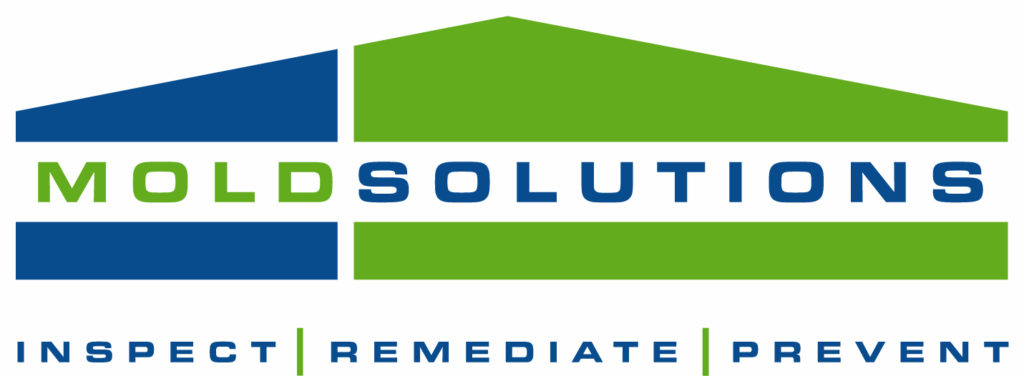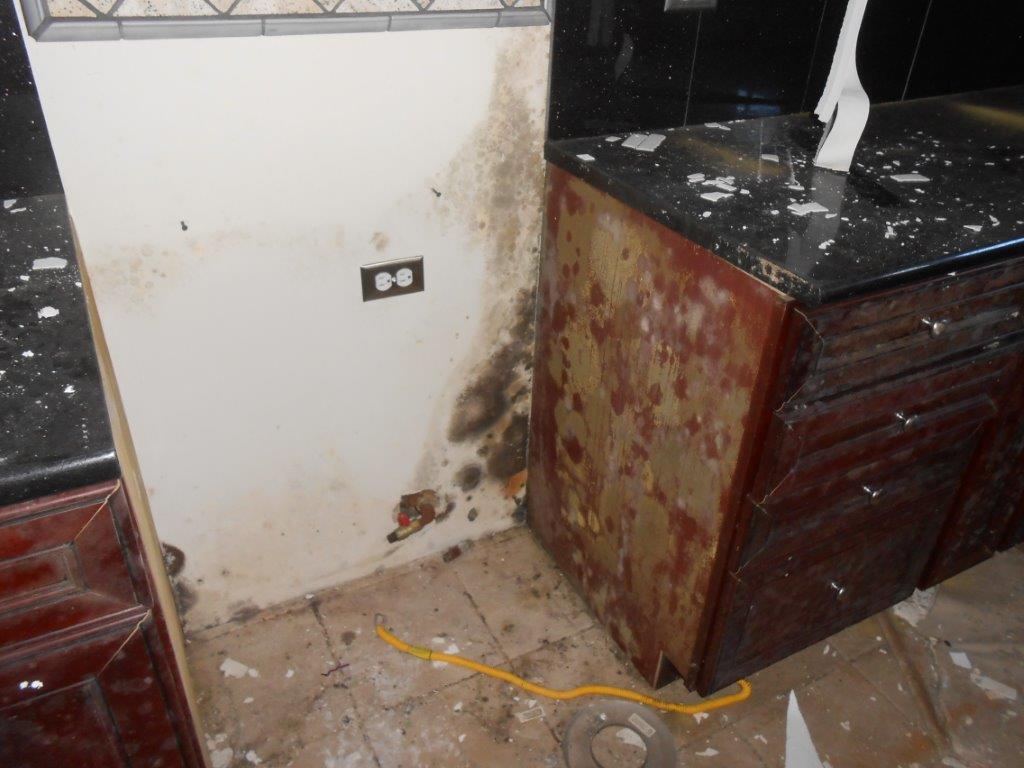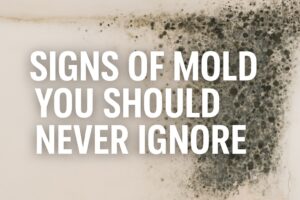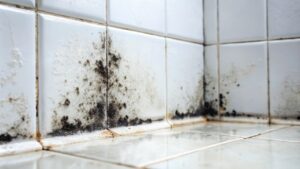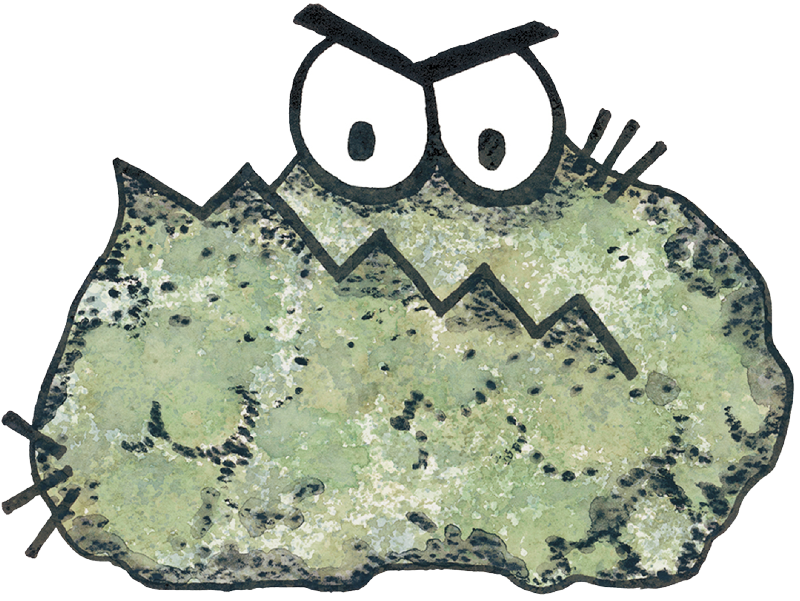By now, all of us have come across articles that talk about how dangerous exposure to black mold can be. Apparently, in some severe cases, it can even cause cancer and death. But is there any medical research to back up these claims? Here’s what we need to know about black mold exposure.
What Is Black Mold?
Mold is a type of fungus that’s present almost everywhere, including the air. In normal, general amounts, mold has no long-term effects on our health. However, black mold is a bit different, as some of its types are toxigenic.
Depending on the concentration, the mycotoxins that black mold releases can cause mold poisoning. However, for that to happen, we’d have to be exposed to a large amount of it for an extended period.
Symptoms of Black Mold Poisoning
Most often, black mold will start to affect our respiratory organs, and we can experience shortness of breath or a stuffy nose. What’s more, we might also start coughing, wheezing, or get irritated eyes or skin.
However, those who have asthma, seasonal or mold-specific allergies, or a weak immune system will be worse off. They can experience headaches, fever, chest colds, and sinusitis.
Furthermore, prolonged exposure to the fungus can have detrimental effects, even for a healthy person. In some extreme situations, people have lost their hair, had stomach pains, and experienced muscle spasms. Also, some patients reported having anxiety attacks and memory loss from being exposed to black mold for a long time.
Diagnosing Black Mold Poisoning
If we suspect we might have black mold poisoning, we’ll have to do a blood test and a skin prick test to verify it. For the blood test, a doctor will send a sample to a lab that will test it for specific antibodies or biotoxins.
For the skin prick test, a doctor will apply a small amount of mold to our skin using a needle. If we get hives, a rash, or a breakout, it means that we’re allergic to the fungus.
Treating Black Mold Exposure
If the doctor proves that we have black mold poisoning, they might recommend antihistamines or decongestants. These over-the-counter meds will help reduce the inflammation and keep the swelling down. Also, they can suggest some nasal sprays to help rinse our noses of any black mold spores.
If the situation is more severe, a doctor could recommend Montelukast or even allergy shots. Montelukast is an oral medication that will reduce the mucus in our airways, while the shots can help our bodies build immunity to mold.
How to Identify and Remove Black Mold
To find the fungus in our home, we should look for black and clustered growths in rooms that have high moisture content. If we start coughing, wheezing, or feel eye irritation when we walk into the room, there’s most likely mold in it.
However, to properly identify and remove black mold, the best solution is to call experts, like Mold Solutions. In some instances, people might not even see the mold, even though there are plenty of spores there.
Also, removing it on our own can be pretty dangerous, especially if we’re allergic to it. What’s more, most household solutions aren’t that effective, and even if we take care of the symptoms, the root of the problem will still be there.
Final Thoughts
People who have asthma, allergies, or a weakened immune system are more likely to suffer from black mold poisoning. They might even have reactions so severe that they need immediate medical attention. If you are one of those people, please don’t try to remove the mold yourself. Not only will you be risking your health, but you also won’t take care of the problem.
If you want someone to get rid of black mold and keep it from coming back ever again, call Mold Solutions. To prove how strongly we believe in our methods, we offer a 10-year warranty for our mold coatings.
